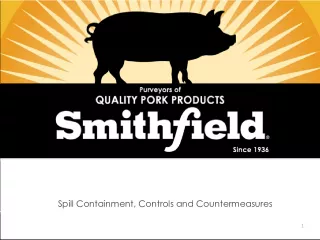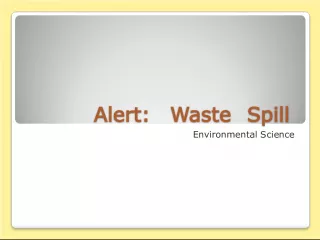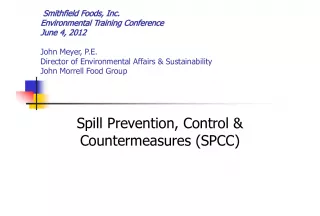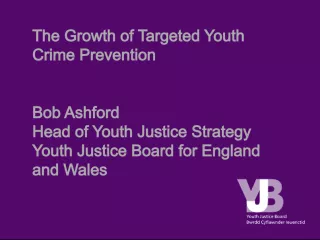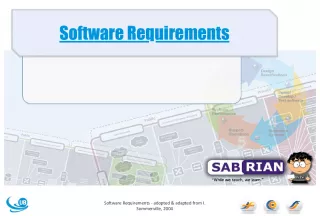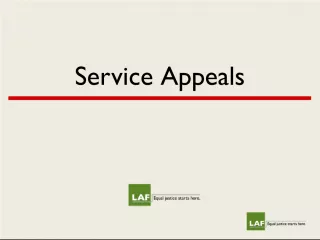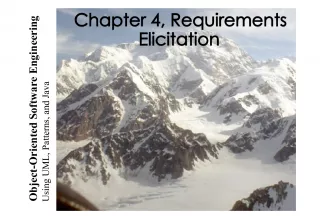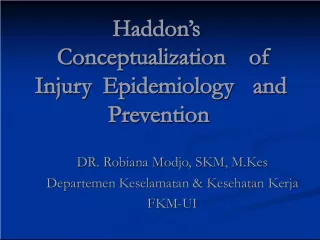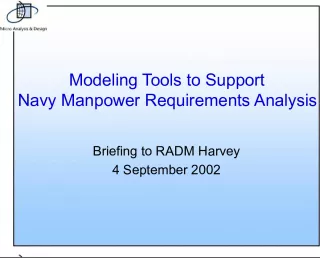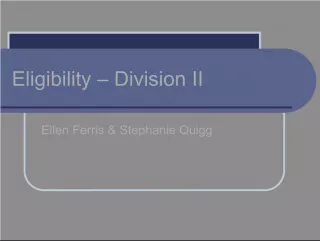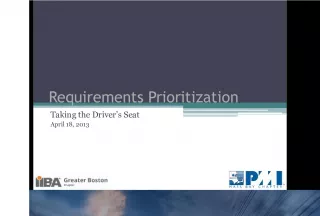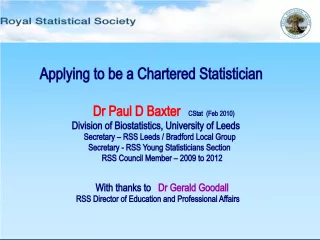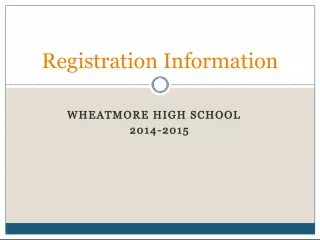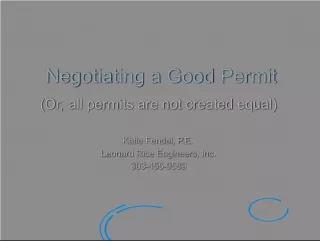Understanding SPCC Requirements for Oil Spill Prevention
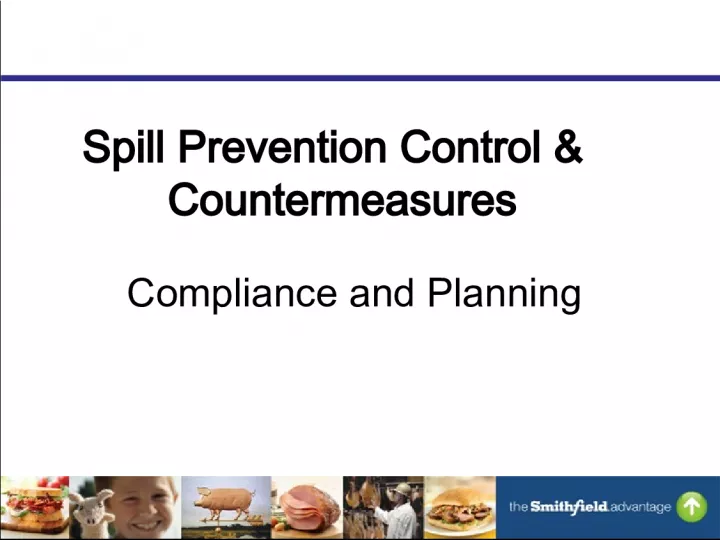

Learn about 40 CFR 112 and who is required to comply with SPCC regulations, including creating a plan to prevent oil spills into navigable waters.
- Uploaded on | 5 Views
-
 camilaortiz
camilaortiz
About Understanding SPCC Requirements for Oil Spill Prevention
PowerPoint presentation about 'Understanding SPCC Requirements for Oil Spill Prevention'. This presentation describes the topic on Learn about 40 CFR 112 and who is required to comply with SPCC regulations, including creating a plan to prevent oil spills into navigable waters.. The key topics included in this slideshow are . Download this presentation absolutely free.
Presentation Transcript
1. Spill Prevention Control & Countermeasures Compliance and Planning
2. SPCC Plan • 40 CFR 112 • Facilities subject to the rule must prepare and implement a plan to prevent any discharge of oil into or upon navigable waters of the United States or adjoining shorelines.
3. Who is regulated by the Rule? • Must meet 3 Criteria 1) Must be non-transportation related. 2) Must have an aggregate AST capacity of greater than 1,320 gallons or a completely buried storage capacity greater than 42,000 gallons. 3) Must be a reasonable expectation of a discharge into or upon navigable water or adjoining shorelines.
4. Who prepares the plan? • The responsibility of the facility owner or operator but it MUST be certified by a licensed Professional Engineer (PE).
5. Professional Engineer (PE) 1) Attests to familiarity with the requirements of part 112. 2) Agent has visited and examined the facility. 3) The plan has been prepared in accordance with good engineering practices, including consideration of applicable industry standards. 4) Procedures for required inspections and testing have been established. 5) The plan is adequate for the facility.
6. What’s in the Plan? 1) Facility Owner, Operator, and Location 2) Facility Contacts 3) Facility Description which includes operations and storage (Tank ID, Volume, and Contents) 4) Spill History 5) Prevention Measures Provided Check your State regulations as they may be different from Federal regulations.
7. Prevention Measures Provided • Drainage Control (Dikes, Valves, Plant Drainage Systems, Final Discharge of Drainage, and Facility Drainage Systems and equipment). • Bulk Storage Tanks and Secondary Containment.
8. Testing • AST periodic integrity testing • Must be performed every 5 years for external inspections and every 10 years for internal inspections. • Internal inspections only encompasses AST that hold more than 25,000 gallons of No. 2 and No. 6 Fuel Oil
9. Inspections • Requirements may be different depending on the State. • Weekly inspections shall be conducted in accordance with CFR • Monthly inspections shall also be conducted for AST’s. • Ensure proper training of individuals conducting inspections.
10. Sample Weekly Inspection Weekly AST Inspection ____ (1) Containment dike or berm in satisfactory condition. ____ (2) Containment area free of excess standing water or oil. ____ (3) Gate valves used for emptying containment areas secured. ____ (4) Containment area/base of tank free of high grass, weeds, and debris. ____ (5) Tank shell surface, including any peeling areas, welds, rivets/bolts, seams, and foundation, visually inspected for areas of rust and other deterioration. ____ (6) Ground surface around tanks and containment structures and transfer areas checked for signs of leakage. ____ (7) Leak detection equipment in satisfactory condition. ____ (8) Separator or drainage tank in satisfactory condition. ____ (9) Tank water bottom drawoffs not in use are secured. ____ (10) Tank fill valves not in use are secured. ____ (11) Valves inspected for signs of leakage or deterioration. ____ (12) Inlet and outlet piping and flanges inspected for leakage. ____ (13) All tank gauges have been inspected and are operational. _________________________ ____________ _______ Signature of Inspector Date Time
11. SPCC Review • Review your SPCC/ODCP Plans Annually!! • Stay up to speed in any and all changes made to your requirements by Federal and State regulators. • Make sure that you enter into your plan the following. 1) Date of review/revision 2) Revisions made 3) Signature of reviewer 4) Up to date PE stamp certifying the SPCC
12. Sample SPCC Review Sheet SPCC / ODCP Plan Annual Review Section Requirements Met Revisions Made 1. Compliance and Review Page 2. Management Approval 3. Owner, Operator, and Location 4. Facility Contact Information 5. Facility Description a. Facility Operations b. Facility Storage c. Drainage Pathway to navigable waters 6. Spill History a. History b. Spill Predictions 7. Prevention Measures a. Drainage Control b. Bulk Storage Tanks c. Facility Transfer Ops d. Loading/Unloading e. Inspections/Record Keeping f. Site Security g. Personnel Training h. Spill Control Equip. 8. Emergency Contacts 9. Spill Contractors 10. Worst Case Scenario 11. Figures 12. Containment Calculations Reviewed By:________________________ Signature: Date:_________________
13. SPCC Maps and Figures • Make sure copies of SPCC maps are kept with your permit and plan! • Insure all maps are up to date, accounting for new construction or facility changes. • Maps shall contain all requirements set forth by Federal and State regulations. • Calculations for figures shall be double checked for accuracy.
14. Spills Happen! That’s why we have an SPCC!
26. Questions or Concerns? • Open to any questions • If you would like to contact me with questions regarding your SPCC compliance or any reference material within this presentation my contact info is Daniel Noack Environmental Manager, Smithfield Packing Complex (757) 357-1501 danielnoack@smithfield.com
